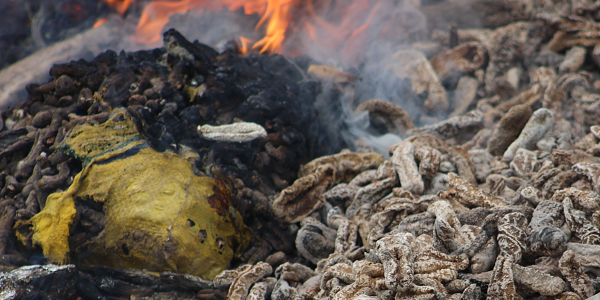The Government for National Unity and Transformation (GNUT) has upheld the ban on beche-de-mer (sea cucumber), despite growing calls from communities to lift the restriction.
Chiefs from the Luapel House of Chiefs in Malaita Outer Province, Derrick Pako from Shortland Islands, and Nelson Waneamoe from Central Islands have all urged the government to reconsider the ban due to the financial hardships their people face.
They argued that lifting the ban would help alleviate economic struggles in their regions.
However, Prime Minister (PM) Jeremiah Manele informed the media on Thursday that Cabinet has endorsed the continuation of the ban.
He explained that this decision is based on scientific advice provided by the Ministry of Fisheries and Marine Resources (MFMR).
“I was not present at the last Cabinet meeting when this issue was discussed,” he noted, but emphasized that the ban is driven by environmental concerns.
PM Manele acknowledged the challenges this poses for Malaita Outer Islands and other atolls that depend heavily on beche-de-mer harvesting.
“In previous discussions over the years, we’ve explored alternative options to support these communities instead of relying solely on beche-de-mer,” he added.
Rinah Mark, a legal officer from the Ministry of Fisheries and Marine Resources, previously addressed residents of Malaita Outer Islands during a consultation meeting in Honiara.
She explained that the primary objective of the ban is the sustainable management of marine resources.
Mrs Mark revealed that since the last harvesting season, scientific reports have shown a significant decline in sea cucumber sizes, with nearly 80 percent of the population being depleted.
The ban, which came into effect on September 1, 2022, prohibits the harvesting, possession, landing, receiving, buying, selling, or exporting of any species of beche-de-mer.
It was officially declared under the Gazette of Prohibited Activities (Fishing and Possession of Beche-de-mer) Order 2021.
By EDDIE OSIFELO
Solomon Star, Honiara









